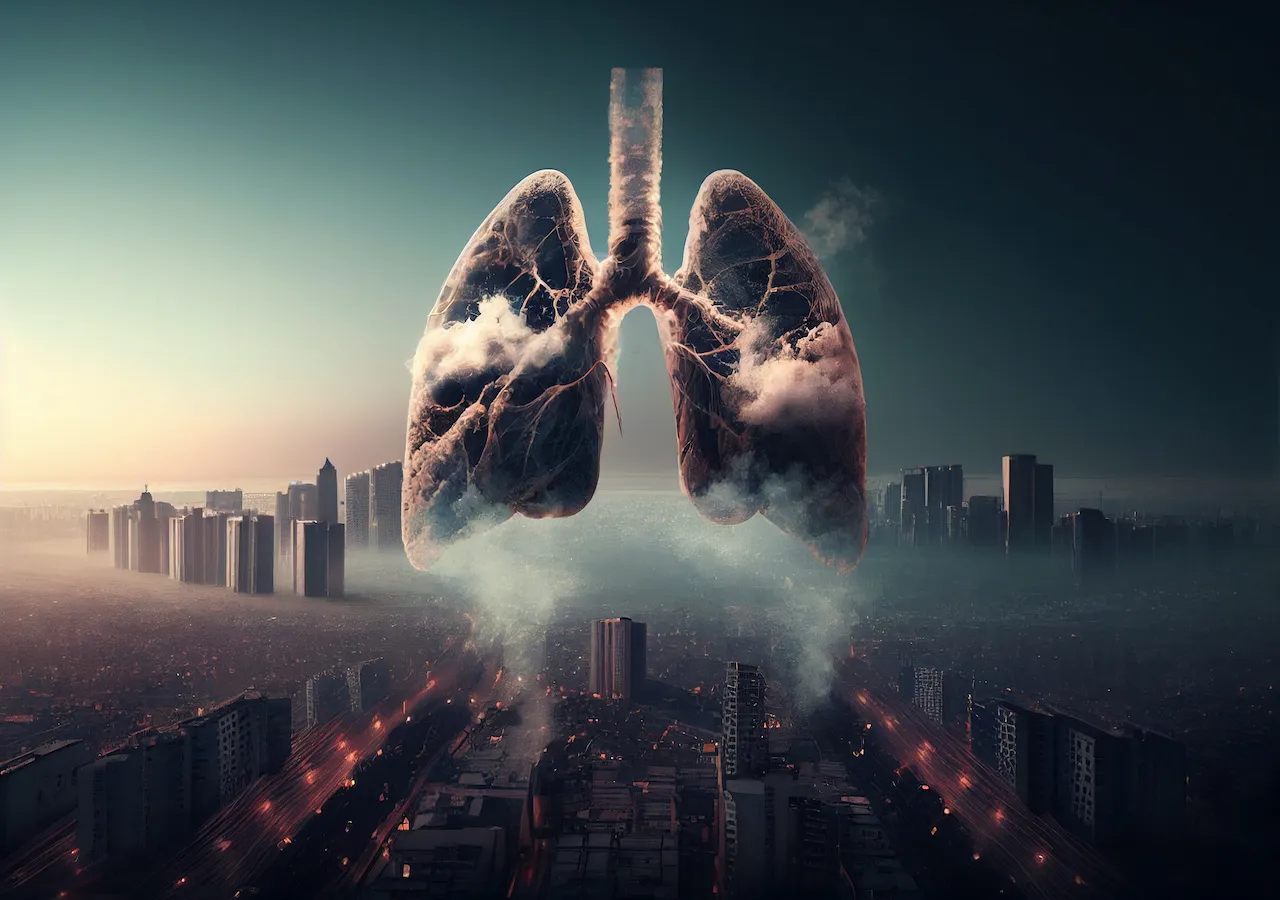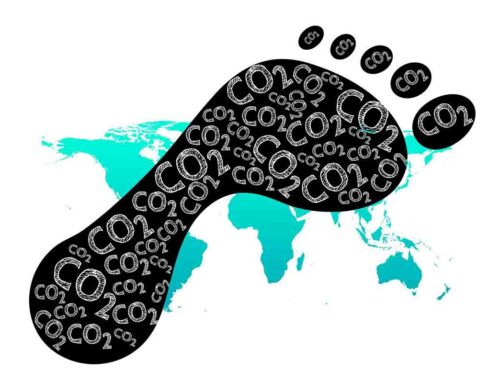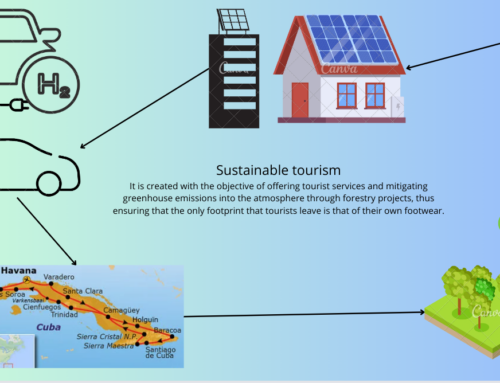Air is an essential element for the development of life on earth, without it plants, animals or even human beings could not exist. Don’t you think it’s time to raise awareness about the importance of air for our planet?
Air pollution is a mixture of solid particles and gases in the air. Automobile emissions, chemical compounds from factories, dust, pollen and mold spores that can be suspended as particles imply risks, damage or serious inconvenience for people and natural beings, attacking different materials which reduces visibility and produces unpleasant odors and diseases.
Since the industrial revolution that began in the second half of the 18th century, production processes in factories, the development of transportation and the use of fuels have increased the concentration of CO2 in the atmosphere and other gases that are very harmful to health.
Note: It is important to keep in mind that although they are often used synonymously, the terms “Global Warming and Climate Change” are not the same. The second encompasses the first as it is a broader phenomenon that refers to changes in the state of the climate that are identified through changes in the state of the climate that are identified through changes in the average values and in the variability of its properties defined by the UNEP.
What is global warming.
It is the result of the increase in the greenhouse effect, a process in which the thermal radiation emitted from the Earth is trapped due to gases with this effect (GHG). Its presence is natural and necessary to maintain the planet’s temperature at habitable values. The problem is that gas emissions such as methane or nitrous oxide have skyrocketed compared to the industrial era. When the earth heats up, it releases heat to the atmosphere in the form of infrared rays, part of this heat is returned to the earth’s surface and the consequence is overheating of the earth.
A danger to global health.
Bad air quality kills people around the world. Bad outdoor air caused about 4.2 million premature deaths in 2016, about 90% of them in low- and middle-income countries, because this phenomenon is occurring in these countries does not mean that it will not happen in developed countries, according to the world health organization.
Indoor smoke is a constant threat to the health of the 3 billion people who cook and heat their homes by burning biomass, kerosene and coal, linking it to high rates of cancer, heart disease, stroke and respiratory diseases such as asthma. In the United States, almost 134 million people (+40% of the population) are at risk of getting sick and dying prematurely due to air pollution, according to estimates by the American Lung Association. In Europe, although there has been a decrease in the number of premature deaths due to air pollution, it remains the greatest environmental risk to health.
Activities that generate air pollution.
The industry: UNEP points out that in several countries energy generation constitutes a source of air pollution, coal-burning power plants are a key emitter of greenhouse gases. Industrial processes and the use of solvents in chemical and mining industries also produce air pollution.
Transport: Responsible for almost a quarter of all CO2 emissions related to energy, this sector is growing and almost 400 thousand deaths are related to this source of pollution, around half of all incidents caused by air pollution. It is due to the burning of fossil fuels.
Reducing your emissions is an important intervention to reduce air quality.
Agriculture: The most important sources of air pollution from agricultural activities are livestock, whose waste generates methane and ammonia, as well as the burning of agricultural waste. These methane emissions favor the creation of ozone at ground level, this pollutant produces asthma and other respiratory diseases.
Methane is a more powerful greenhouse gas than CO2 over a 100-year period.
People can choose to reduce meat consumption and opt for a plant-based diet and minimize food waste to avoid creating unnecessary demand for food in the market allowing farmers to reduce methane from livestock by optimizing their digestibility. food improve grazing and grassland management.
Waste: Globally, 40% of waste is burned in the open air, this problem is more common in developing countries and in regions undergoing urbanization.
The UNEP points out that open burning of both agricultural and municipal waste is practiced in 166 of 193 countries, releasing harmful dioxins, furans, methane and particulate matter such as black carbon into the atmosphere.
It is advisable to separate organic waste and convert it into compost or bioenergy, this will help improve soil fertility and provide an alternative source of energy.
Homes: One of the main sources of air pollution is the burning of fossil or biomass-based fuels for cooking or heating, as well as the combustion of wood. Of 193 countries, 97 have achieved that 85% of homes have access to energy sources. cleaner but still 3 million people continue to use solid fuels and fire for cooking, warmth and illumination. Adopting cleaner, more modern stoves or heaters to reduce disease risks and save lives.
Other sources: Air pollution also has other natural sources, for example volcanic eruptions or dust storms, fine dust particles can travel thousands and thousands along with these storms that also transport harmful substances linked to respiratory problems.
Main causes of environmental pollution.
- Burning fossil fuels.
- Industrial emissions.
- Indoor air pollution.
- Forest fires.
- Microbial decomposition process.
- Transport.
- Open burning of waste.
- Construction and demolition.
- Agricultural activities.
- Use of chemicals and synthetic products.
Countries with the most air pollution in the world.
- Bangladesh
- Pakistan
- India
- Afghanistan
- Bahrain
- Mongolia
- Kwait
- Nepal
Country with the best air quality.
Switzerland thanks to its climate and geographical protection policy.
Country that emits the most CO2 into the atmosphere.
China.
It does not seem fair to judge countries by the amount of waste, CO2 or GHG they expel into the atmosphere without taking into account the size of their population. The least polluting countries are small and usually underdeveloped countries.
It is recommended
As an individual you can listen to your voice and use your purchasing power to benefit clean options, change your lifestyle to reduce fuel and energy consumption, waste less food.
Governments can adopt and enforce world-class environmental standards on clean, energy-efficient fuels and vehicles.
Cities can create functional public transportation systems and transportation plans that prioritize pedestrians, cyclists, and transit users.
Companies can take direct action by reducing their emissions and opting for new technologies that help us lead cleaner, less wasteful lives.
Prevent air pollution.
- The key to having a healthier life is to adopt measures that do not pollute the air because we all have a role to play when it comes to creating a healthy living environment. These steps are things we can do to help reduce air pollution.
- Use low consumption light bulbs and appliances.
- Participate in your local utility’s energy conservation programs.
- Use public transportation, ride a bike or walk.
- Keep your car well tuned and maintained. Follow the manufacturer’s instructions.
- Avoid excessive idling of your vehicle.
- Drive electric, hybrid, hydrogen and low energy vehicles.
- Electric or manual use for lawn care.
- Choose ecological cleaners.
- Use water-based or solvent-free paints whenever possible and buy products that say “Low Volatile Organic Compounds” and that evaporate into the air.
- You acquire low fuel consumption equipment.
- Save energy by remembering to turn off lights, computers and electrical equipment when they are not in use.
- Offset your industrial, personal and family carbon footprint.
- Create green areas and terrestrial ecosystems
- Participate in sustainable reforestation projects
- Install solar panels to prevent the use or burning of fossil fuels
The poor quality of the air affects us all, it has an impact on our health and the environment, not to mention the economy. In recent years, knowing the quality of the air in urban and rural areas is a priority.
The objective is to apply strategies that can improve it. Addressing the problem is understanding the sources of air pollution. Only then can you analyze, plan and apply strategies to improve air quality, providing benefits for health and the environment.
It is important to keep in mind that all of us are connected by nature, preserving, caring for our people and the planet is everyone’s task.
Free Palestine
No more wars
Yes for the brotherhood





Deja tu comentario